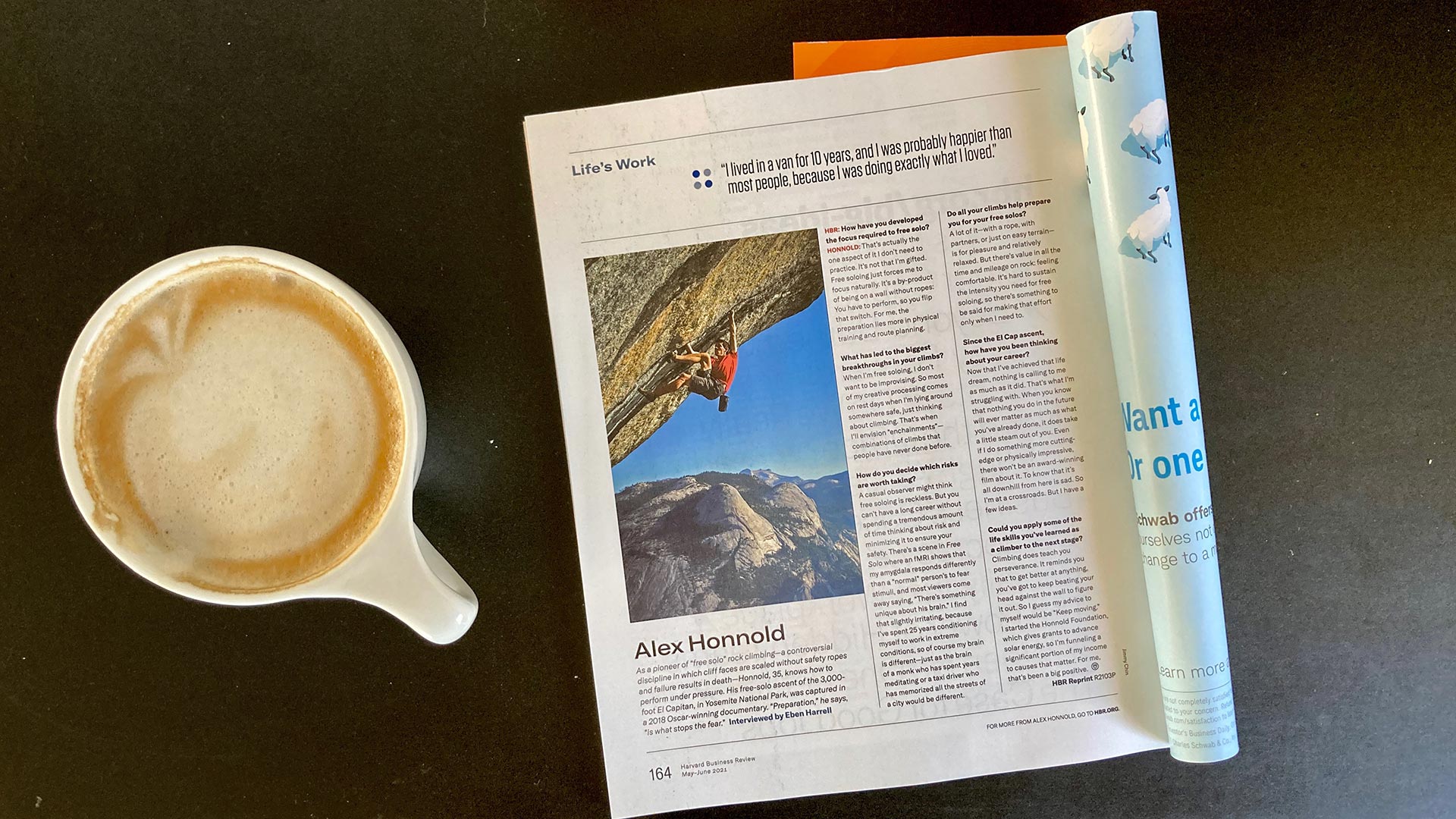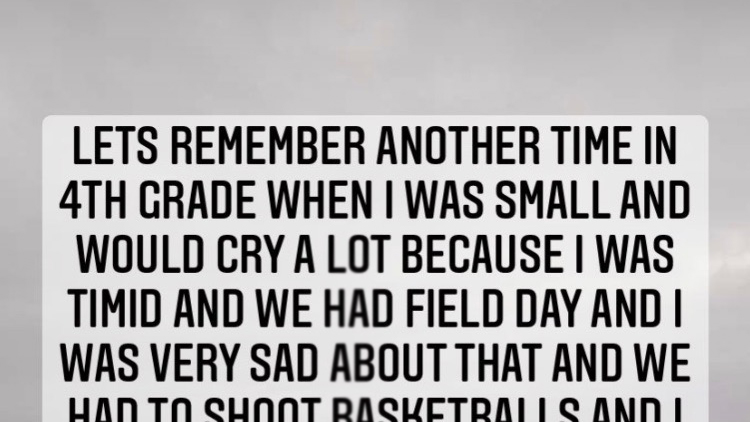During a leadership meeting the other week, the group was chatting about asking questions and lines of inquiry and something called the ladder of inference. That’s an interesting topic, but I’m going to pass on it for now. Feel free to dive down that rabbit hole if it sounds interesting…
Specifically in our conversation about asking questions, one of the women, Cheri, made an intriguing statement:
‘Silence will do the heavy-lifting.’ She quickly added, ‘If you let it.’ Hmm. She’s right on both counts.
She admitted to us how it was tough for her to do that. Since being a little girl, she shared, the value she put on herself was tied up in her being the expert. Having all the answers. I know that feeling well. I wrote about it a while ago.
Back to this silence thing, though.
Yeah, not jumping in with the answer, showing everyone I know my stuff… that’s tough for me, too. For the same reason as Cheri. I’m pretty sure there are a lot of us who can relate.
The thing is, by observing the folks I looked up to as leaders, I discovered they created value by asking good questions. That made me realize as I moved through my career, I had to let go of being the expert and start getting comfy with asking better questions. Hard questions. And when someone doesn’t have an answer right away, to hold back from answering. Particularly if I had one in mind. As Cheri put it, to let the silence do the heavy lifting.
If you haven’t tried it lately, I triple dog dare you. Yep, that’s right, I went right for the throat. The results can be pretty amazing.




